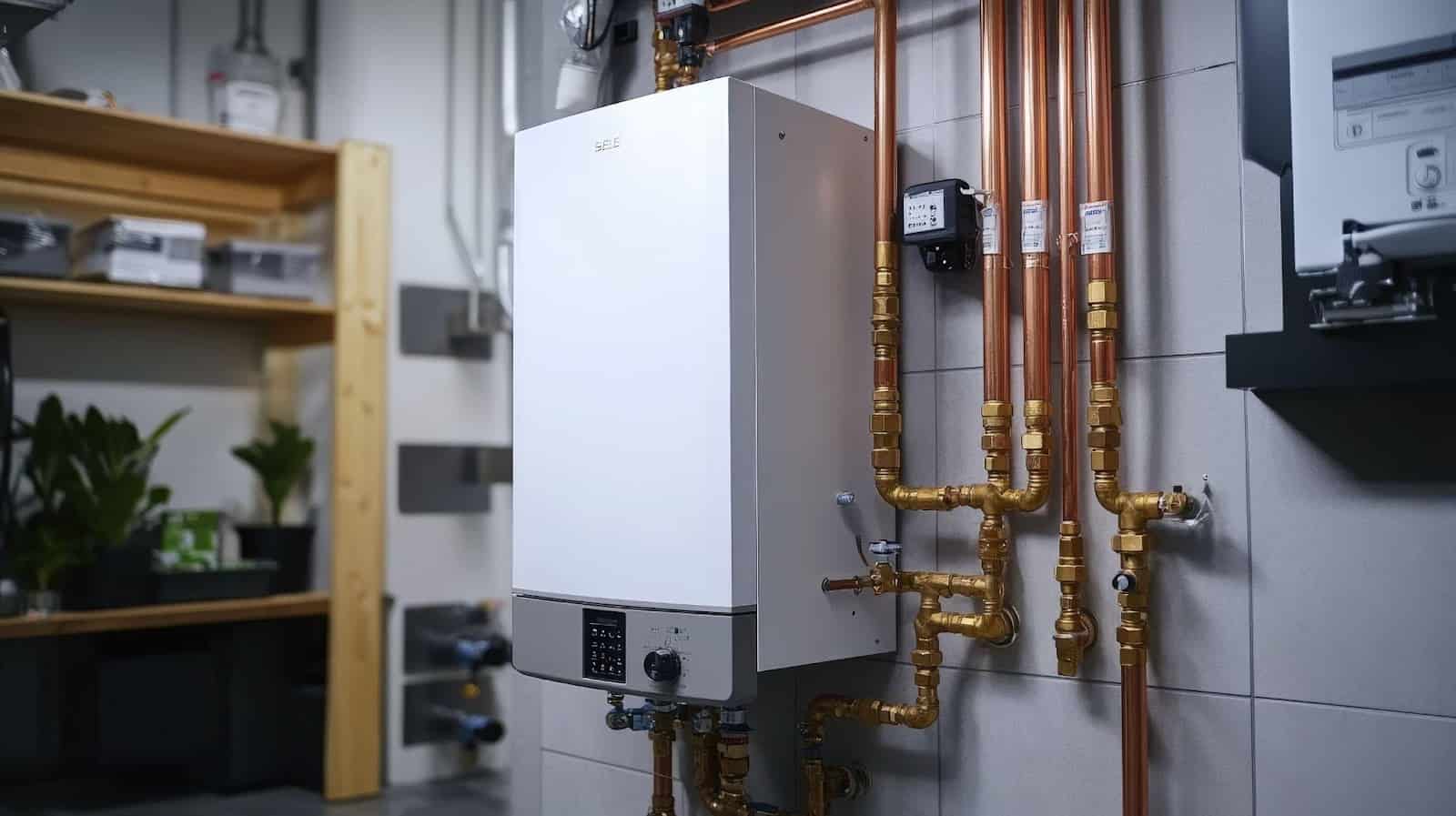Your water heater is one of those unsung heroes in your home—it works hard every day so you can enjoy hot showers, clean dishes, and sanitized laundry. But like any appliance, it won’t last forever.
The good news? With the right care, you can extend your water heater unit’s lifespan, save money, and enjoy hot water consistently.
The following sections will lay down practical tips to maximize your water heater’s longevity, whether it’s a traditional tank model or a tankless system. Read on.
Understand Your Water Heater’s Lifespan
How long do water heaters last? Per plumbing experts, the average water heater lasts eight years to more than a little over a decade for traditional tank water heaters and 15 years to two decades for tankless units.
Nonetheless, these numbers aren’t set in stone. Poor maintenance, hard water, and extreme usage can shorten your water heater’s life, while proper care can push it beyond expectations.
Flush Your Tank Regularly (If You Have One)
Sediment buildup is a tank water heater’s worst enemy. Minerals in your water supply like calcium and magnesium settle at the bottom, reducing efficiency and causing corrosion.
Luckily, you can flush out unwanted minerals in your tank-style water heater all by yourself.
First, turn off the power (if you have an electric water heater) or switch to pilot mode (if you have a gas-powered water heater). Next, connect a hose to the drain valve and run it outside or into a bucket. Then, open the valve and let the water flow until it has great water quality. Finally, refill the tank before restoring power.
Do this once a year—twice if you have hard water or you’re unsure of the water quality of your tap.
Test the Pressure Relief Valve of your Water Heater
The pressure relief valve is a safety feature of your water heater that prevents excessive pressure buildup that can damage your tank.
Test your water heater’s pressure relief valve with the following steps: begin by placing a bucket under the discharge pipe; next, lift the valve’s lever for a few seconds; finally, check for water flow—if nothing comes out, replace the valve immediately.
Do the above mentioned test in your hot water heater every six months to ensure it’s working properly.
Adjust the Water Heater Temperature for Energy Efficiency and Safety
Most water heaters come preset at 140°F, but that’s often hotter than needed. Lowering it to 120°F reduces energy use, slows mineral buildup, and prevents hot water scalding on kids and the elderly.
The following are tips for adjusting your water heater’s temperature settings: use a screwdriver on the thermostat for electric water heaters and turn the dial on the gas valve if you have a gas water heater.
Insulate Your Water Heater Tank and Pipes
If your water heater feels warm to the touch, it’s losing heat. A simple insulating blanket (for tanks) and pipe insulation can improve efficiency. Just avoid covering the thermostat, top, or burner compartment.
For tankless water heaters, insulate exposed hot water pipes to reduce heat loss as water travels to your faucets.
Replace the Anode Rod of Your Water Heater Before it Fails
The anode rod attracts corrosive elements, sacrificing itself to protect your hot water tank. Once it’s gone, rust takes over. Check it every two to three years and replace it if it’s more than 50% corroded and/or already coated in calcium deposits.
A new rod only costs not more than a hundred dollars—that’s way cheaper than a new water heater!
 Fix Leaks Immediately
Fix Leaks Immediately
Even a small drip can signal big trouble to your water heater. Common leak sources include but aren’t limited to the following: the drain valve, inlet/outlet connections, and/or the tank itself.
Ignoring leaks leads to water damage, mold, and premature system failure. Proceed with timely water heater repair without hesitations.
Use a Water Heater Softener If You Have Hard Water
Hard water accelerates sediment buildup and corrosion in tank water heaters (including yours). If you notice any of the following in your water heater, use a water softener: white scale on fixtures, soap that doesn’t lather well, and frequent appliance repairs.
A water softener could double your water heater’s lifespan.
Schedule Professional Maintenance for your Water Heater
While do-it-yourself (DIY) care helps, a yearly professional inspection catches hidden issues such as failing heating and electrical elements, vent blockages (for gas tank-style water heater models), electrical or gas line problems, and so on.
A small maintenance fee now can prevent you from paying thousands for costly hot water heater repairs or a new replacement later.
Know When to Replace Your Water Heater
Even with great care, all water heaters eventually fail. Watch for various signs such as rusty or metallic-tasting water, loud popping or rumbling noises, frequent repairs on gas pipe work and so on, and the like.
If your heater is more than 10 years old and struggling, start budgeting for a new one.
When it’s time to replace, consider the following:
- Heat pump water heaters because they’re more efficient;
- Tankless hot water models because they generally have a longer lifespan; as well as
- Solar water heaters because they’re eco-friendly and have low operating costs.
Look for the ENERGY STAR® label and others for maximum savings.
Closing Words
Your water heater works hard—return the favor with regular maintenance. Flush the tank, check the anode rod, adjust the temperature, and don’t ignore leaks. These simple steps can add years to its life, saving you money and hassle.
Start today, and enjoy reliable hot water for years to come!

